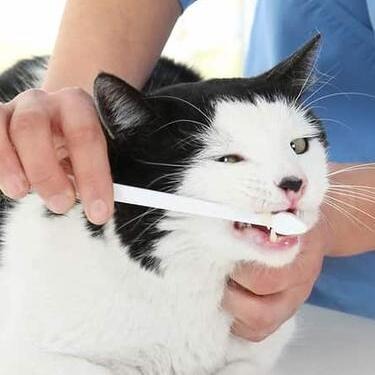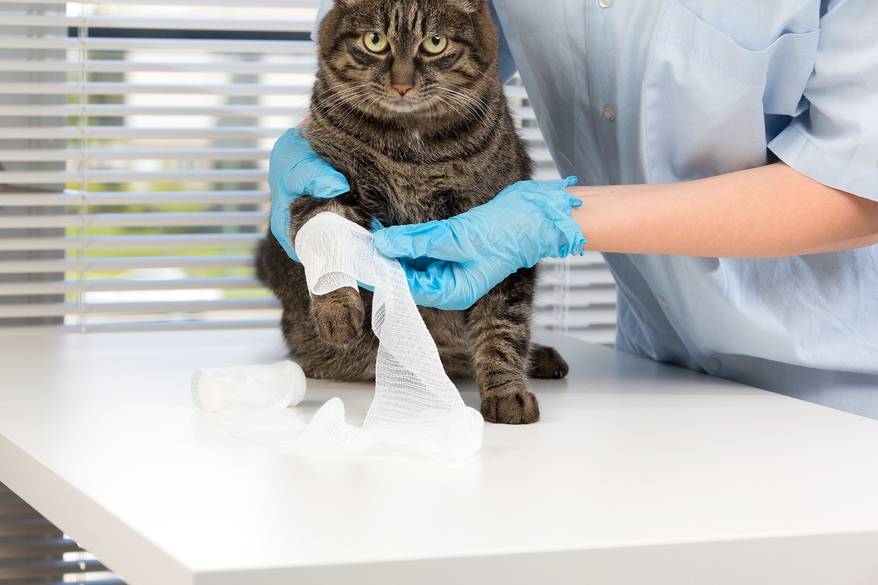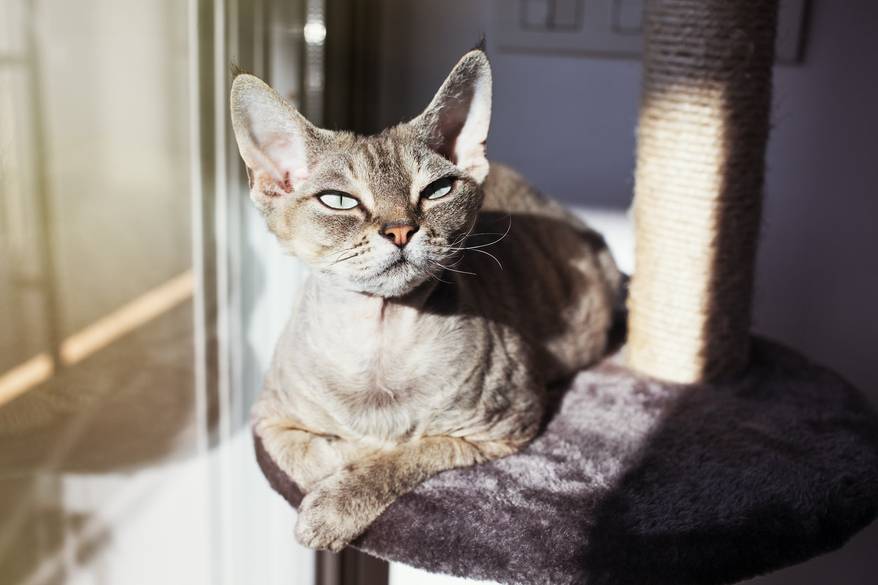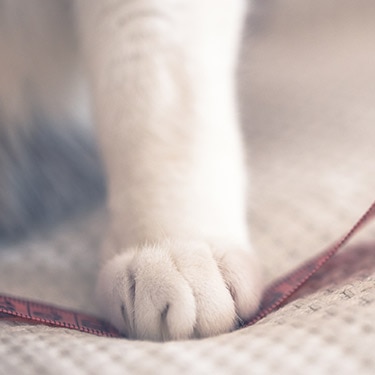
-
Find the right food for your petTake this quiz to see which food may be the best for your furry friend.Find the right food for your petTake this quiz to see which food may be the best for your furry friend.Featured products
 Puppy Lamb Meal & Brown Rice Recipe
Puppy Lamb Meal & Brown Rice RecipeVital nutrients to support 5 essential building blocks for lifelong health
Shop Now Adult Chicken & Barley Recipe Dog Food
Adult Chicken & Barley Recipe Dog FoodSupports lean muscle and beautiful coat for adult dogs
Shop Now Adult Small & Mini Lamb Meal & Brown Rice Recipe Dog Food
Adult Small & Mini Lamb Meal & Brown Rice Recipe Dog FoodFor the faster metabolism of Small & Mini dogs
Shop NowFeatured products Adult Indoor Chicken Recipe Cat Food
Adult Indoor Chicken Recipe Cat FoodSupports energy level and beautiful fur in indoor cats
Shop Now Adult Chicken & Barley Recipe Dog Food
Adult Chicken & Barley Recipe Dog FoodSupports lean muscle and beautiful coat for adult dogs
Shop Now Hill's Science Diet Adult Sensitive Stomach & Skin Chicken Recipe Dog Food
Hill's Science Diet Adult Sensitive Stomach & Skin Chicken Recipe Dog FoodHighly digestible recipe, gentle on stomachs. Nourishes skin & promotes a lustrous coat
Shop Now -
Dog
- Dog Tips & Articles
-
Health Category
- Weight
- Food & Environmental Sensitivities
- Urinary
- Digestive
- Joint
- Kidney
-
Life Stage
- Puppy Nutrition
- Adult Nutrition
- Senior Nutrition
Cat- Cat Tips & Articles
-
Health Category
- Weight
- Skin & Food Sensitivities
- Urinary
- Digestive
- Kidney
-
Life Stage
- Kitten Nutrition
- Adult Nutrition
Featured articles My Pet Ate a Lizard — What Should I Do?
My Pet Ate a Lizard — What Should I Do?Learn what to do if your pet eats a lizard, including whether they can be toxic and symptoms to keep an eye on when they've swallowed one.
Read More Virtual Vet Visits: What You Need to Know
Virtual Vet Visits: What You Need to KnowLearn the ins and outs of a televet appointment before you talk to a vet online.
Read More Pet Dental Health: What Happens During a Deep Teeth Cleaning?
Pet Dental Health: What Happens During a Deep Teeth Cleaning?Learn about veterinary dental care for your pet, including deep teeth cleaning procedures, which can help your dog or cat maintain proper dental health.
Read More -


Cats and bee stings are not a recipe for a happy, healthy kitty. Even indoor cats aren't immune to such a catastrophe if a wasp or bee finds its way into the house. A cat's curiosity and predatory instincts are likely to compel her to pounce on the intruder, which is just as likely to respond by stinging its attacker. If your kitty has a hypersensitivity to the toxins released by a sting, the results could be a lot more serious than a swollen paw. Here is everything you need to know about bee sting treatment for cats.
Stings Can Be Dangerous

While the majority of cats aren't hypersensitive to the venom found in bee or wasp stings, if your kitty falls into the minority of cats that are allergic, getting stung could make her seriously ill or go into anaphylactic shock. This could result in a dangerous drop in blood pressure that could be fatal. As such, any sign of an extreme reaction must receive veterinary treatment right away.
Because it's impossible to know for certain whether your cat might experience an extreme reaction, as soon as you're aware of the sting it's best to call a veterinarian, who may have you bring your kitty in to be safe. Otherwise, your vet can advise you on treatment to administer at home.
Recognizing a Sting
In most cases, a cat will experience a localized reaction, which results in mild swelling and tenderness at the site of the sting. Most often this occurs on the face, typically near the nose, or on a paw, thanks to the cat's tendency to bat her prey around. Check to see if the stinger is still in the wound. Bees have barbed stingers that detach from their bodies and become embedded in the skin when they sting. Wasps, on the other hand, keep their stingers intact, which makes it possible for them to sting their victims multiple times, which could increase the danger to your pet.
Extreme swelling, redness and pain might be early signs of an extreme reaction. Your kitty might show signs of pain such as lameness or limping, distressed vocalizations or compulsive licking at the site of the sting. Signs that your cat is experiencing anaphylactic shock include the following:
- Breaking out in hives
- Disorientation or stumbling
- Vomiting or diarrhea
- Pale gums
- Low body temperature and cold limbs
- A heart rate that's either too slow or too fast
Other signs to watch for, according to the Animal Hospital of North Asheville, include shallow or rapid breathing, drooling, changes in behavior, mood or mental function and collapse. Any of these signs are your cue to take your cat to an emergency vet as quickly as possible.


Tasty Tips
Bee Sting Treatment for Cats

If the stinger is still in the wound, it should be removed right away. A bee's stinger can continue pumping venom into the wound for up to three minutes after the sting occurs. Gently use the edge of a credit card to scrape the stinger out. If you try to pull it out with tweezers or your fingers, you run the risk of rupturing the venom sac and pushing more venom into the wound.
Once the stinger is removed, keep a close eye on your kitty to watch for signs of a severe reaction. Even if she appears to have a mild, localized reaction, you should still call your vet right away. If she doesn't advise you to bring your cat in to get checked out, she may recommend administering an antihistamine medication, such as diphenhydramine, which will slow your cat's reactions to the histamine released by the venom.
It might be tempting to administer diphenhydramine to your kitty without first consulting a vet, but be cautioned: some over-the-counter medications containing diphenhydramine might also contain other ingredients, such as pain medication, which could be harmful or even fatal to a cat. Your vet will not only advise you on which type of medication is safest, but also on the proper dosage.
For home care, you can treat mild swelling by applying a cold compress or wrapping the affected area with a cool washcloth. Under no circumstances should you give your kitty over-the-counter pain medication, which is poisonous to cats. If your cat appears to be in severe pain, this could be a warning sign of an extreme reaction. If you notice this or any other signs of an allergic response to the sting, get your kitty to either your regular vet or an emergency veterinary clinic ASAP.
It is also a good idea to prevent your cat from bothering the sting spot further. If it is her paw, try and get her to lie down so she doesn't aggravate the wound further. If she is stung in the face, she my try and paw at the sore spot, but it is best to leave it alone. Additional aggravation of the sting could cause additional swelling and pain for your kitty, so keep her calm and try and let her rest as best as she will allow.
Preventing Cats and Bee Stings
Of course, cats can get stung by bees or wasps sometimes no matter what you do, and you can't always prevent wasps or bees sneaking into your home. But there are measures you can take to minimize the risk of your cat getting stung.
If you come across any nests or hives in your yard, have them safely removed by an experienced professional. Corral your cat and any other pets into a room and shut the door should a stinging insect follow you inside. Keep the door closed until you can either kill the insect or shoo it outside. And if your cat has a bug cornered, immediately check to make sure it's not potentially harmful. If her prey turns out to be a wasp or bee, get her away from it and shut her in another room until it can be safely removed. If you use an insect killer to get rid of wasp or beehives make sure that your cat can't get any of it on her as it can make her sick or worse.
A bee sting isn't necessarily cause for panic, but the situation should be treated seriously. By acting quickly and monitoring your cat closely, you may very well end up saving her life.


Jean Marie Bauhaus is a pet parent, pet blogger, and novelist from Tulsa, Oklahoma, where she usually writes under the supervision of a lapful of fur babies.
Related products

Supports lean muscle and beautiful coat for adult dogs

Supports energy level and beautiful fur in indoor cats

Highly digestible recipe, gentle on stomachs. Nourishes skin & promotes a lustrous coat

Vital nutrients to support 5 essential building blocks for lifelong health
Related articles

Discover how to identify cat sensitive skin and what you can do to help your cat thrive from head to paw.

How do you get a cat to lose weight? Learn all about cat foods for weight loss, including how to choose weight control cat food and exercise tips.

What is the best food for an overweight cat? Learn all about weight control food for cats, including what's in it and how it works.

What is the best food for an overweight cat? Learn all about weight control food for cats, including what's in it and how it works.

Put your cat on a diet without them knowing
Our low calorie formula helps you control your cat's weight. It's packed with high-quality protein for building lean muscles, and made with purposeful ingredients for a flavorful, nutritious meal. Clinically proven antioxidants, Vitamin C+E, help promote a healthy immune system.
Put your cat on a diet without them knowing
Our low calorie formula helps you control your cat's weight. It's packed with high-quality protein for building lean muscles, and made with purposeful ingredients for a flavorful, nutritious meal. Clinically proven antioxidants, Vitamin C+E, help promote a healthy immune system.

